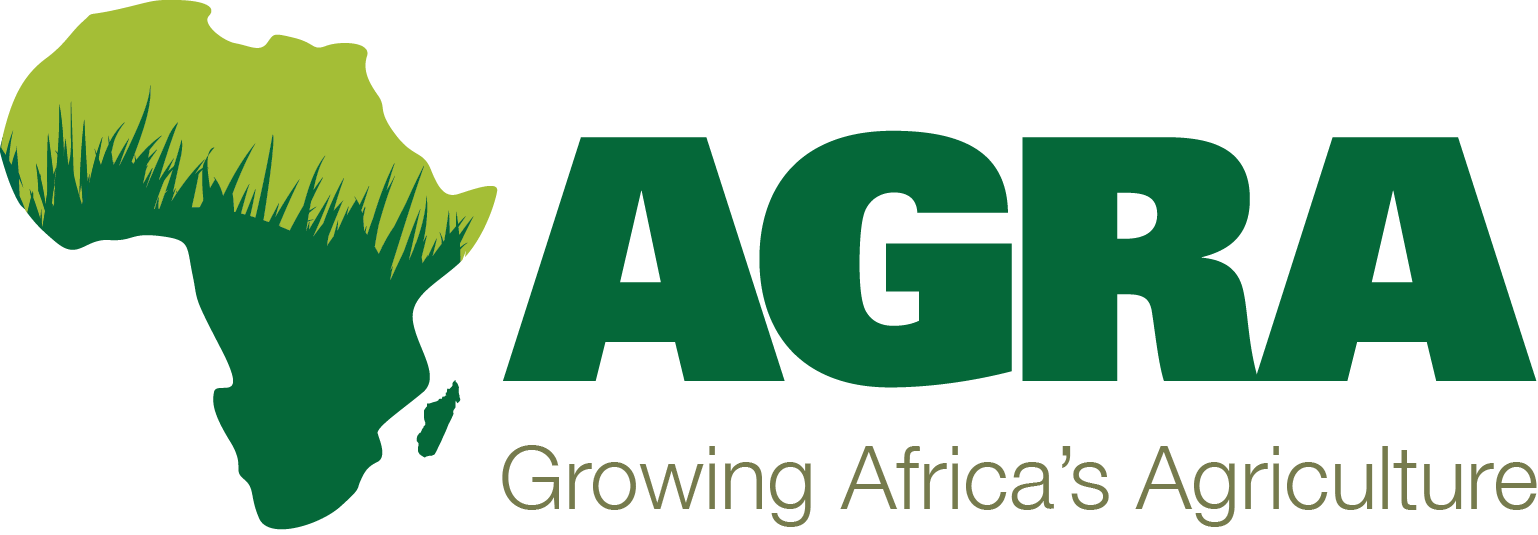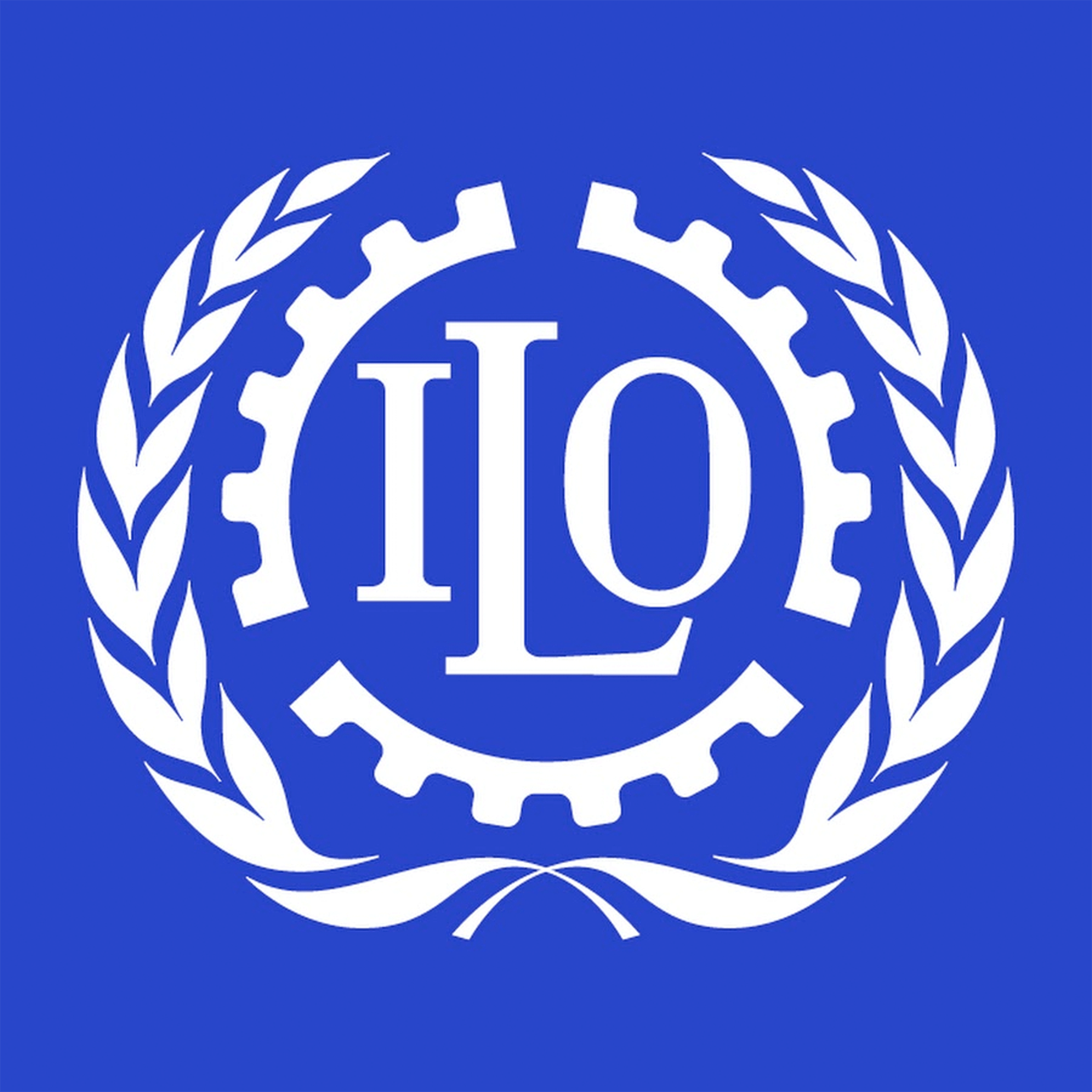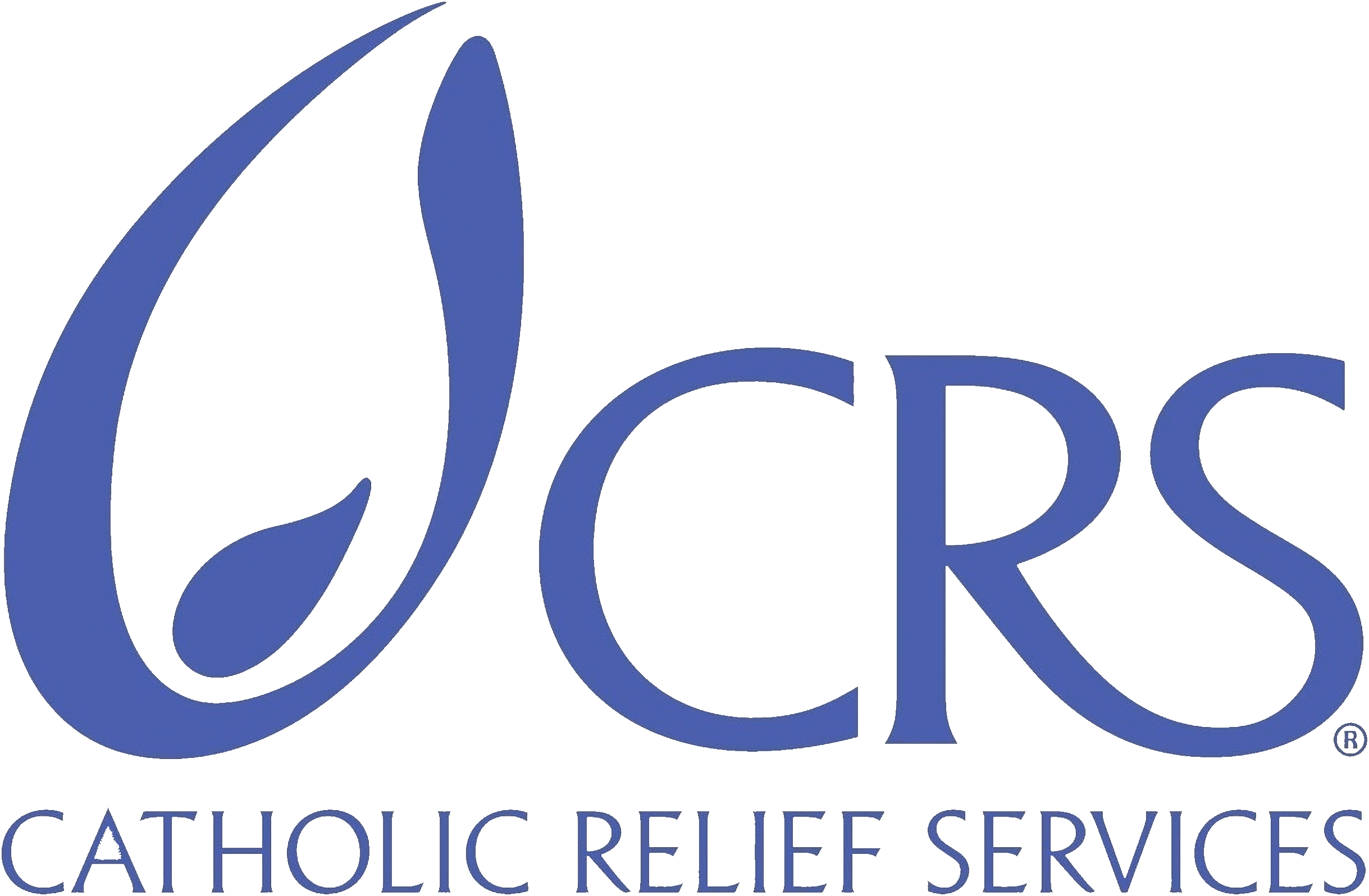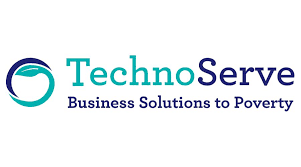Our Projects

DevPact conducted the final evaluation of the Feed the Future Mozambique Agricultural Innovations Programme (FTF Inova)
The Feed the Future Mozambique Agricultural Innovations Activity (FTF Inova) was a five-year United States Agency for International Development (USAID) programme implemented by DAI Global supported by Technoserve and MarketShare Associates. FTF Inova used a market systems development (MSD) approach to stimulate inclusive and sustainable, agriculture-led economic growth, as well as to increase the resilience of the agricultural sector, both of which are critical to reducing poverty and hunger in Mozambique. DevPact was retained to conduct the final performance evaluation at the end of the five year implementation period. The purpose of the final evaluation was to conduct contribution analysis and process tracing to investigate what mechanisms of change FTF Inova and private sector partners facilitated, as well as how and why they worked (or did not). The goal being to determine the relevance and level of achievement of project objectives, understand what worked, why and how, to inform upcoming new USAID activities like RESINA and PREMIER.
Partners: https://www.dai.com/
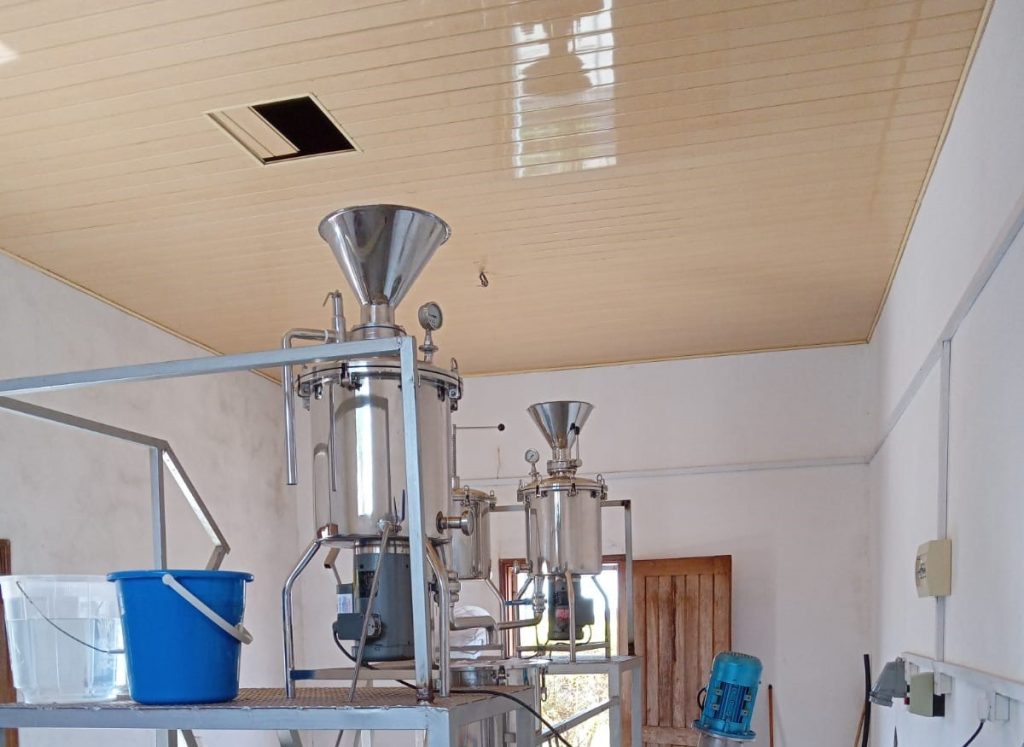
DevPact conducted the final evaluation of the NORAD funded Promoting the Adoption of Climate Smart Agriculture on a wide scale in southern Africa project
In 2021, DevPact conducted the final evaluation of the Norad funded (implemented by the Southern African Confederation of Agricultural Unions-SACAU) regional climate smart agriculture project. The project sought to advocate for conducive policies for the uptake of Climate Smart Agriculture (CSA) on a wide scale in southern Africa with key objectives of enhancing the capacities of national farmers’ organisations (NFOs) to advocate for better CSA-related policies and investments and increasing the influence of SACAU in CSA policy and related processes at regional and global levels. Using the OECD DAC criteria, DevPact evaluated the quality, results, and impact of the project during the entire
implementation period, assessing aspects related to effectiveness, impact, and sustainability. DevPact also crafted recommendations for implementation for subsequent for similar regional CSA programmes in the SADC region.
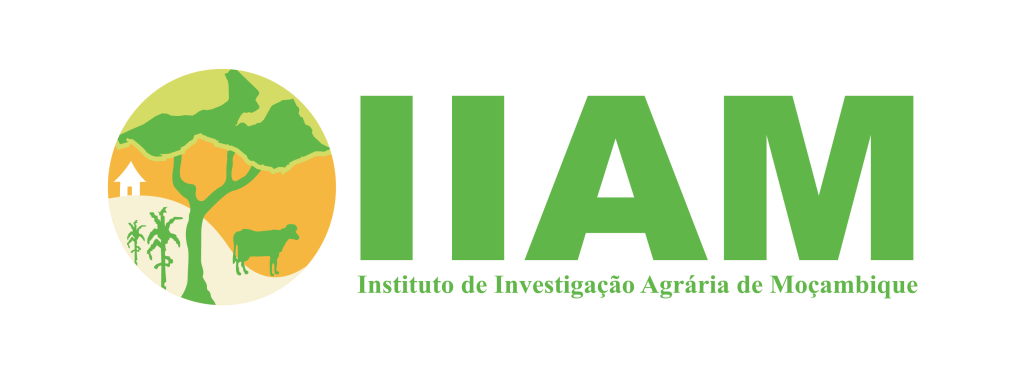
DevPact led the development of a 10-year Strategic Plan (2023-2033) for Agricultural Research Institute of Mozambique (IIAM)
Partners: https://www.dai.com/

DevPact co-designed a regional Flagship Agribusiness and Trade Programme for the Food and Agriculture Organisation (FAO) Regional Office for Southern Africa covering 15 countries in the SADC region
Partners: https://www.fao.org/africa/en/

DevPact is supporting the design of the Promoting Sustainable Agricultural Market Systems (PROMAS) project in Mozambique
Partners: https://www.eda.admin.ch/deza/en/home/countries/mozambique.html
https://www.dai.com/
DevPact provided technical advisory services for private sector led agricultural development in Mozambique.
INOVAGRO is a ten-year MSD programme funded by the Swiss Development Corporation (SDC) in Northern Mozambique running from 2010 to 2021. INOVAGRO seeks to support sustainable agricultural development by facilitating permanent market actors (government and the private sector) to better perform their functions. DevPact key experts led the design of INOVAGRO in 2010 as part of a wider DAI team. Subsequently, DevPact was retained by the Swiss Development Corporation to provide on-going M4P technical advisory services to the Economic Domain within SDC, providing guidance to their portfolio of MSD projects in the country, which also included the Horti Sempre programme implemented by Swisscontact.
Partner: Swiss Development Corporation, Mozambique https://www.eda.admin.ch/sdc

DevPact led an agribusiness private sector engagement study to develop appropriate private sector led interventions in Zimbabwe
The purpose of the investment and private sector assessment was to cultivate relationships with private companies, impact investors, and business development service (BDS) providers to inform the design and implementation of food security programming and grant proposals in Southern Zimbabwe (Matabeleland). The assignment involved scoping, mapping, relationship building and field research in Matabeleland, Bulawayo, and Harare. DevPact led the stakeholder engagement with over 70 private sector and public sector stakeholders in the broader agricultural sector, including diverse sectors such as livestock & veterinary services; grains & oilseeds; information technology and agricultural financial services providers. DevPact led the crafting of recommendations on how best to apply a market systems development approach within a humanitarian context.
Partner: Catholic Relief Services, Zimbabwe https://www.crs.org
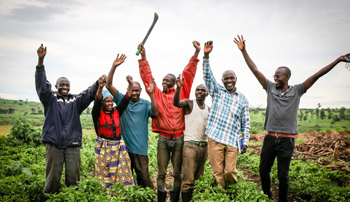
This project entailed a review of the employment effects of the Africa Agriculture and Trade Investment Fund (AATIF) financing through commercial bank lending in Zimbabwe, specifically analysing the outgrower model with a leading agribusiness company in Zimbabwe. In this arrangement, medium-sized farmers accessed credit from the commercial bank to invest in their farming operations. The private agribusiness acted as a buyer of the crops and had a relationship with the bank, whereby it repaid agreed installments of the loans back to the bank directly from the proceeds due to farmers. The farmers received their payments after the loans had been paid. The risk reduction resulting from this arrangement enabled the bank to extend credit to farmers in the difficult economic context in Zimbabwe at the time. DevPact led consultations with the ILO, the commercial bank, and the farmers to assess the employment effects brought about by the AATIF funds and recommendations for replication in other geographies.
Partner: ILO Geneva https://www.ilo.org/global/lang–en/index.htm

DevPact supported the development of climate finance investments in South Africa
This assignment focused on the identification of climate investment potential in South Africa, in the resilient agriculture sector, green and affordable housing and clean energy (identification of the most promising technologies, with a high replicability potential). This involved a review of the actors involved and their positioning, encompassing government (review of the regulatory framework and existing incentives); other donors (review of DFIs’ projects and programmes and identification of possible synergies) and partner banks (positioning and maturity of banks on the subject). As part of a consortium led by Rebel Group, DevPact supported the identification and design of climate finance investments within the resilient agriculture workstream. These were then presented to commercial banks to design financial products for on-lending to private agribusiness to accelerate adoption of climate smart investments within the South African agricultural sector.
Partners: PROPARCO, https://www.proparco.fr/en
Rebel group Southern Africa https://www.rebelgroup.com/en/
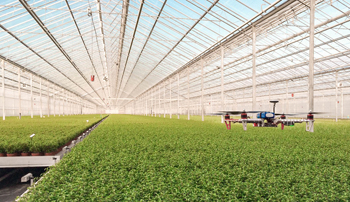
DevPact supported a regional research and development institution in Botswana to mobilise climate finance resources
The objective of this assignment was to assist SADC member states and the Centre for Coordination of Agricultural Research and Development for Southern Africa (CCARDESA) in identifying potential funding partners and supporting stakeholder engagement to mobilise resources for climate-smart agriculture investment proposals at national, regional, and global level from different climate financing sources (national, bilateral, multilateral, regional funds). The assignment also sought to assist CCARDESA to present relevant information on funding opportunities through its information, communication, and knowledge management system and catalyse responsive action by regional stakeholders towards developing additional bankable proposals with a higher chance of being funded. Led by Greencroft Economics, DevPact supported the assessment of potential sources of climate finance for climate smart agriculture (CSA) in the SADC region, delivered training workshops to CCARDESA staff and supported CSA concept note and proposal development.
Partners: The Centre for Coordination of Agricultural Research and Development for Southern Africa (CCARDESA) https://www.ccardesa.org/
Deutsche Gesellschaft für Internationale Zusammenarbeit GmbH, GIZ https://www.giz.de/en/html/index.html
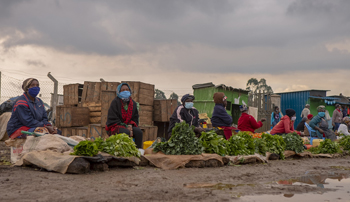
DevPact was retained to analyse how the COVID-19 pandemic affected market access and financing for SMEs in six value chains (poultry, aquaculture, beans, sesame, vegetables, dairy) in six countries (Ethiopia, Ghana, Malawi, Nigeria, Uganda, and Nepal). Our analysis highlighted how SME agribusiness operations had changed pre- and post COVID and how this had an impact on investment decisions. Aspects such as labour supply disruptions, depressed market demand and increased phytosanitary requirements were identified as the major challenges faced by SME agribusiness because of the COVID 19 pandemic. Post analysis, we provided recommendations on how investor supporting stakeholders could facilitate investment readiness amongst SMEs sourcing from smallholder farmers in view of COVID-19 impacts, drawing on the data and analysis from the six value chains in the target countries. Key recommendations included supporting increased use of digital technology (e-commerce and digital financial services) and reviewing loan pricing during the pandemic.
Partner: CABI, https://www.cabi.org
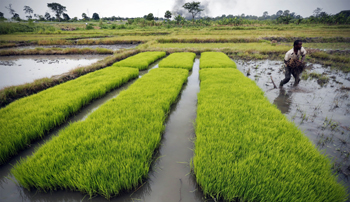
DevPact supported the Alliance for a Green revolution in Africa (AGRA) in Nairobi to increase regional trade of staple crops in East, South and West Africa
The main objective of our work was to provide technical assistance to AGRA’s Regional Food trade Unit in the design and development of projects with a strong market systems development alignment. To achieve this objective, we supported the Regional Food Trade Unit in identification and analysis of market failures in regional food trade and assisted in the design of interventions to overcome them. We then proposed approaches to improve the way agricultural market systems function, making them more effective, competitive, and participatory by including poor farmers and other disadvantaged groups. On the regulatory side, we assisted the Regional Food Trade Unit Policy staff in reviewing and structuring proposals aimed at addressing policy or regulatory related interventions that sought to build functional market systems for agri-food sector. We also developed templates and checklists for the team that will be used to assess future grant proposals to ensure alignment with the market systems development approach. Finally, we delivered a 3-day MSD training course to over 50 AGRA members of staff.
Partner: Alliance for a Green revolution in Africa (AGRA), https://agra.org/
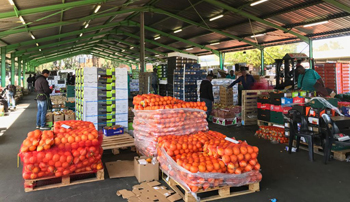
DevPact conducted an analysis of Agricultural Sector Competitiveness in Eastern Africa on behalf of a USAID funded programme in Nairobi
The USAID funded “Strengthening Competitiveness in Regional Agricultural Trade” activity in nine EAC and COMESA countries (Kenya, Uganda, Ethiopia, Tanzania, Rwanda, South Sudan, DRC, Zambia, and Burundi) is designed to address the persistent challenges and low volumes of regional trade and is based on the belief that an alternative approach to regional trade facilitation based on improving competitiveness and working with the private sector can be more effective. DevPact conducted an agricultural and competitiveness analysis whose outcome is to identify implementable private sector models (or models with success potential) that can be implemented in East Africa to facilitate increased regional trade.
Partner: DAI, www.dai.com

DevPact is conducting district level value chain analysis using a market systems development lens for a USAID Resilience Food Security Activity (RFSA) in Zimbabwe
Implemented by CARE International, USAID is funding a Resilience Food Security Activity (RFSA) in Zimbabwe which seeks to impact more than 301,636 people in two districts. The program seeks to increase on-farm and off-farm incomes, improve nutrition, and work with women, men, girls, and boys to build resilience to shocks and stressors. The program has cross-cutting components of gender equality, youth empowerment, local governance, and accountability. As part of the program’s Refine and Implement period (Year 1), DevPact is conducting detailed value chain analysis across various crop and livestock value chains to identify focus value chains for the program as well as recommending suitable systemic interventions within those value chains. DevPact deployed a team of value chain experts to lead data collection, key informant interviews and focus group discussion across four districts in two provinces in the country. Data was then analysed using Atlas Ti software to understand the dynamics prevailing in the various market systems as a basis for crafting market led interventions with the best chances of sustainability beyond USAID funding.
Partner: CARE International, https://www.care.org/

DevPact conducted a market and demand analysis in Limpopo province, South Africa, as part of an investment transaction on behalf of a large investment agency from the Netherlands
Flying Swans is an initiative to help Dutch corporations and entrepreneurs succeed in developing markets in Africa, Asia, and South America. By coordinating an integral, simultaneous effort from different Dutch sectors, Flying Swans seeks to open new and promising markets for trade and developmental impact. DevPact was retained by Flaying Swans to conduct a citrus and avocado market and demand analysis for a proposed consolidation centre in Limpopo province, South Africa. DevPact value chain experts conducted extensive field analysis in the Hoedspruit, Letsitele and Tzaneen corridor, which represents the major citrus and avocado areas in Limpopo province. Further, the team identified and mapped all export approved packhouses and their related exporters into Europe, Asia, and the Americas.
Partner: Flying Swans, http://flyingswans.nl/

DevPact conducted Sector Analysis and Strategy Development for the Mpumalanga Provincial Government in South Africa
The Mpumalanga Provincial Government and DARDLEA intended to stimulate an increase in the value and share of Mpumalanga’s apple production and trade in the South African, regional, and international markets. To this end, a Strategic Plan for expanded output and enhanced trade value was required, encompassing Optimal Grower Location (Geography), Market Access Points (Value Chain), Primary and secondary Production Capacity (Investment) and Supporting Infrastructure (Physical and Institutional). DevPact was retained by the implementing consortium to develop a Market Status Report, a Market Potential Report, and an Investment Targeting report to assist the Department in making investment decisions in the apple industry, especially regarding the Special Economic Zone and the Mpumalanga Fresh Produce Market.
Partner: Mpumalanga Department of Agriculture, Rural Development, Land and Environmental Affairs https://dardlea.mpg.gov.za/

DevPact conducted a supply side analysis across the agriculture, mining and tourism sectors in Blouberg and Musina municipalities, Limpopo province, South Africa as an input into a local economic development strategy for a large mining house
A large mining house in South Africa has engaged Technoserve to develop a local economic development diagnostic project that will be delivered by Technoserve in and around the mine to improve economic outcomes for individuals in the zone of influence and target communities. As part of a diagnostic exercise to define the overall program design Technoserve retained DevPact to conduct a supply side analysis across agriculture, mining, and tourism sectors in Blouberg and Musina municipalities in Limpopo province, South Africa. Specifically, the supply-side analysis sought to inform the decision on which value chains should be prioritized before proceeding to define the value chain development strategy and specific interventions for each of the value chains. The analysis therefore required engagement with local smallholder farmers, MSMEs and investment agencies in Limpopo to collect and collate the necessary data.
Partner: Technoserve, https://www.technoserve.org/

DevPact conducted a climate smart agriculture (CSA) status analysis in Zimbabwe to recommend appropriate interventions that could accelerate CSA adoption in the agricultural sector in the country
DevPact was retained by the implementing partner to identify CSA priorities in Zimbabwe, key CSA stakeholders across the public and private sector and recommend intervention areas for GIZ/NEPAD. In summary, DevPact identified a number of key intervention areas for consideration by GIZ/NEPAD, including enhanced agricultural knowledge and information systems, sustainable livelihoods through diversified livestock systems, water harvesting for resilient crop and livestock production, women and youth focused value chain development and CSA curriculum development and dissemination amongst others.
Partners: https://www.giz.de/en/html/index.html https://www.nepad.org/
Key partners
